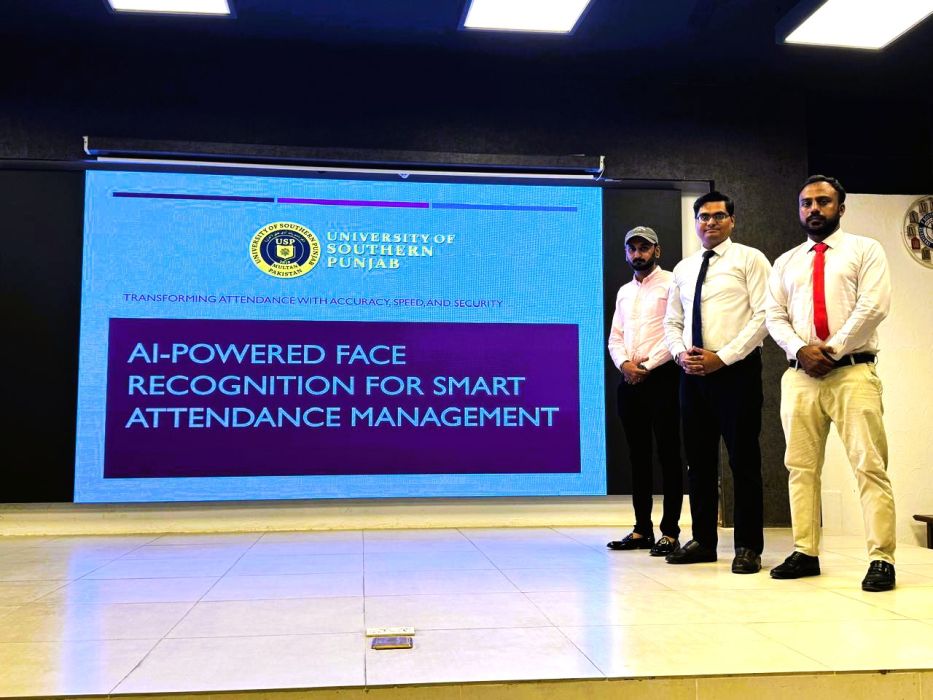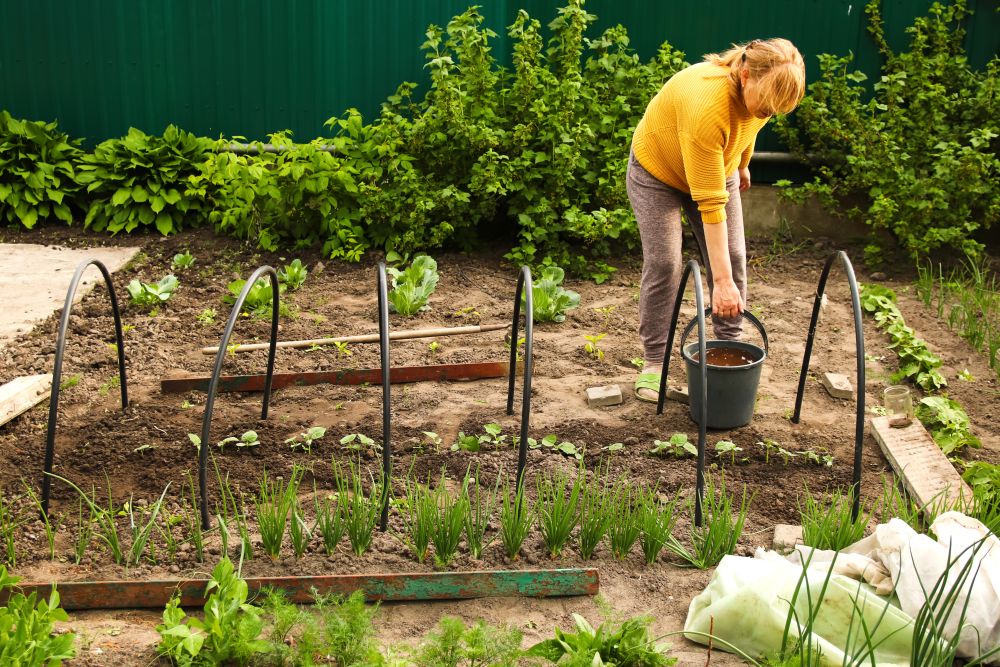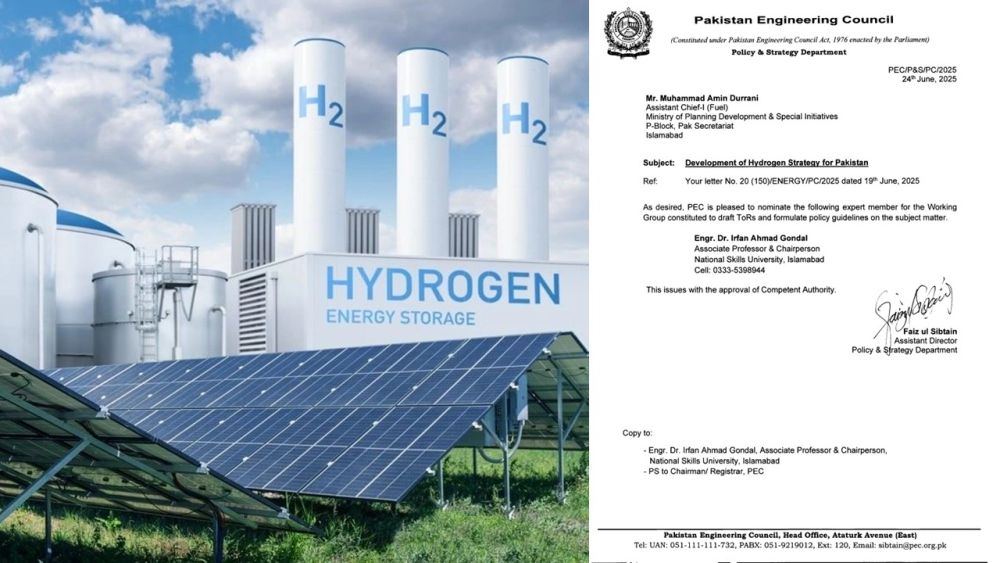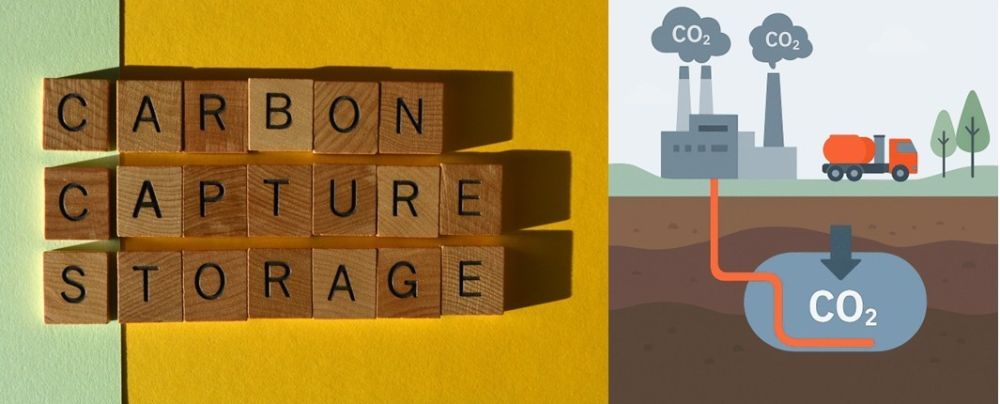15/25 Plants, Protein, Planet and the Human
Posted 7 months ago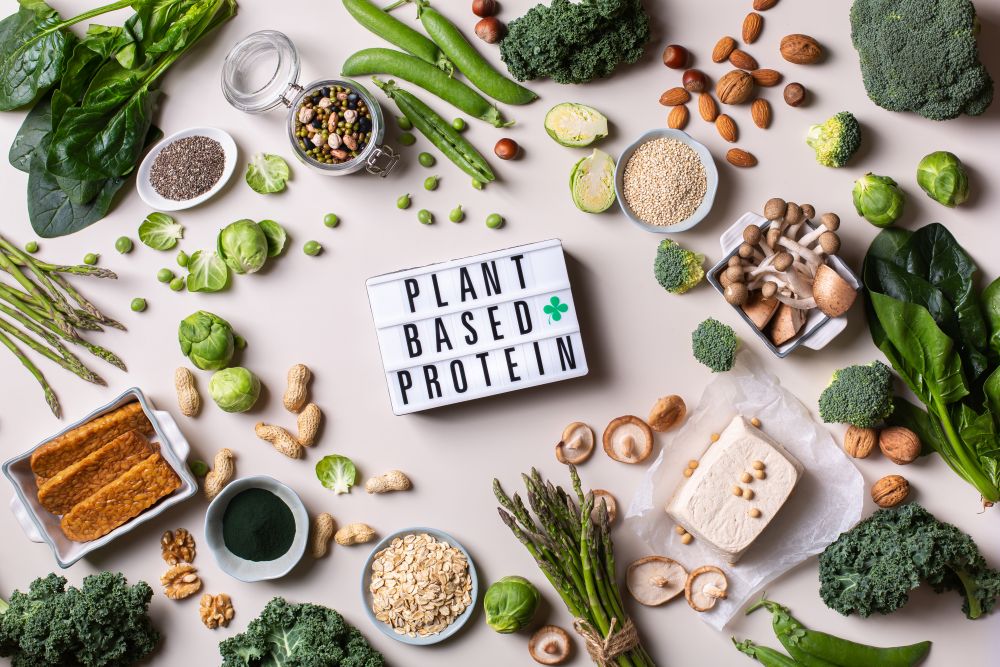
Greeningdotlive - General Article
In the face of urgent global challenges such as climate change, chronic disease, and food insecurity, one solution emerges at the intersection of sustainability, health, and innovation: plant-based protein formulations. As more consumers, entrepreneurs, and policymakers turn to the soil for answers, plants reclaim their ancient role, not just as food, but as foundational tools for health, prosperity, and planetary survival.
The Rise of Plant-Based Proteins
Plant-based proteins, extracted from beans, grains, nuts, seeds, and even algae, are no longer just for vegetarians. Today, they're part of a booming global market worth over $22 billion, which is projected to grow to more than $40 billion by 2027. Whether it's pea protein in your smoothie, soy-based meat, or dairy-free milk made from chickpeas, new and exciting products are being created faster than ever, offering a hopeful glimpse into a more sustainable future.
Scientific studies consistently highlight the benefits of plant-based diets. A landmark 2019 review published in The Lancet recommends plant-forward nutrition to prevent up to 11 million premature deaths annually and reduce greenhouse gas emissions by more than 50% globally. Plants offer high-quality proteins, fiber, antioxidants, and essential nutrients, all with a lower environmental footprint than animal-based protein sources.
Why Plants Matter to Human Life
Human civilizations have historically depended on plants for food, medicine, shelter, clothing, and even spirituality. In modern times, research continues to validate what traditional knowledge long embraced: that plant compounds support immunity, reduce inflammation, and help prevent chronic diseases.
Plant-based lentils, beans, quinoa, and hemp proteins offer complete amino acid profiles without the cholesterol, hormones, and saturated fat found in many animal-based proteins. They not only support heart health, improve gut microbiota, and reduce the risk of type 2 diabetes but also play a significant role in preventing chronic diseases. According to a report (2020), replacing red meat with plant protein significantly lowers the risk of early death, empowering individuals to make healthier choices.
Sustainability: Feeding 10 Billion Sustainably
With the global population projected to reach 10 billion by 2050, traditional livestock farming becomes increasingly unsustainable. It already contributes 14.5% of global greenhouse gas emissions (FAO, 2013). Shifting to plant-based diets could free up 76% of global farmland while still providing ample calories and nutrients, as per a 2018 study published in prestigious Science Jouranl.
Furthermore, crops like soybeans, peas, and chickpeas require significantly less water and land and produce fewer emissions than their animal-based counterparts. They even enrich soil through nitrogen fixation, contributing to regenerative agriculture systems.
GreeningDotLive: Seeding the Future, One Tree at a Time
While plant-based food systems transform the plate, global initiatives like GreeningDotLive are literally transforming the planet. This bold movement supports and advocates for billions of trees across continents, aiming to restore ecosystems, combat desertification, and sequester carbon at scale.
What sets GreeningDotLive apart is its integrative, community-centered approach. It empowers local communities, especially in climate-vulnerable regions, by coupling plantation drives with education, sustainable farming practices, and biodiversity conservation. Whether reviving degraded land in Pakistan or planting urban forests in Africa, the initiative is a living example of how reforestation complements plant-based food systems.
As forests return, so do rains, pollinators, and livelihoods. Trees planted by GreeningDotLive motivational efforts not only absorb carbon but also provide fruits, shade, and income. Their work embodies the principle that a greener planet is not just an environmental aspiration, but a socioeconomic imperative.
The Protein and Plantation Revolution
The convergence of plant-based diets and reforestation efforts like GreeningDotLive isn't coincidental; it's strategic. Both combat climate change, enhance biodiversity, and promote human health. As corporations, investors, and startups enter this green space, from Beyond Meat to Nestlé's pea protein lines, the message is clear: the future is plant-powered.
The greeningdotlive movement isn't just about products, it's about philosophy. By choosing plant-based proteins and supporting afforestation initiatives, we don't just consume differently; we live differently. We begin to align our health with the planet's health.

